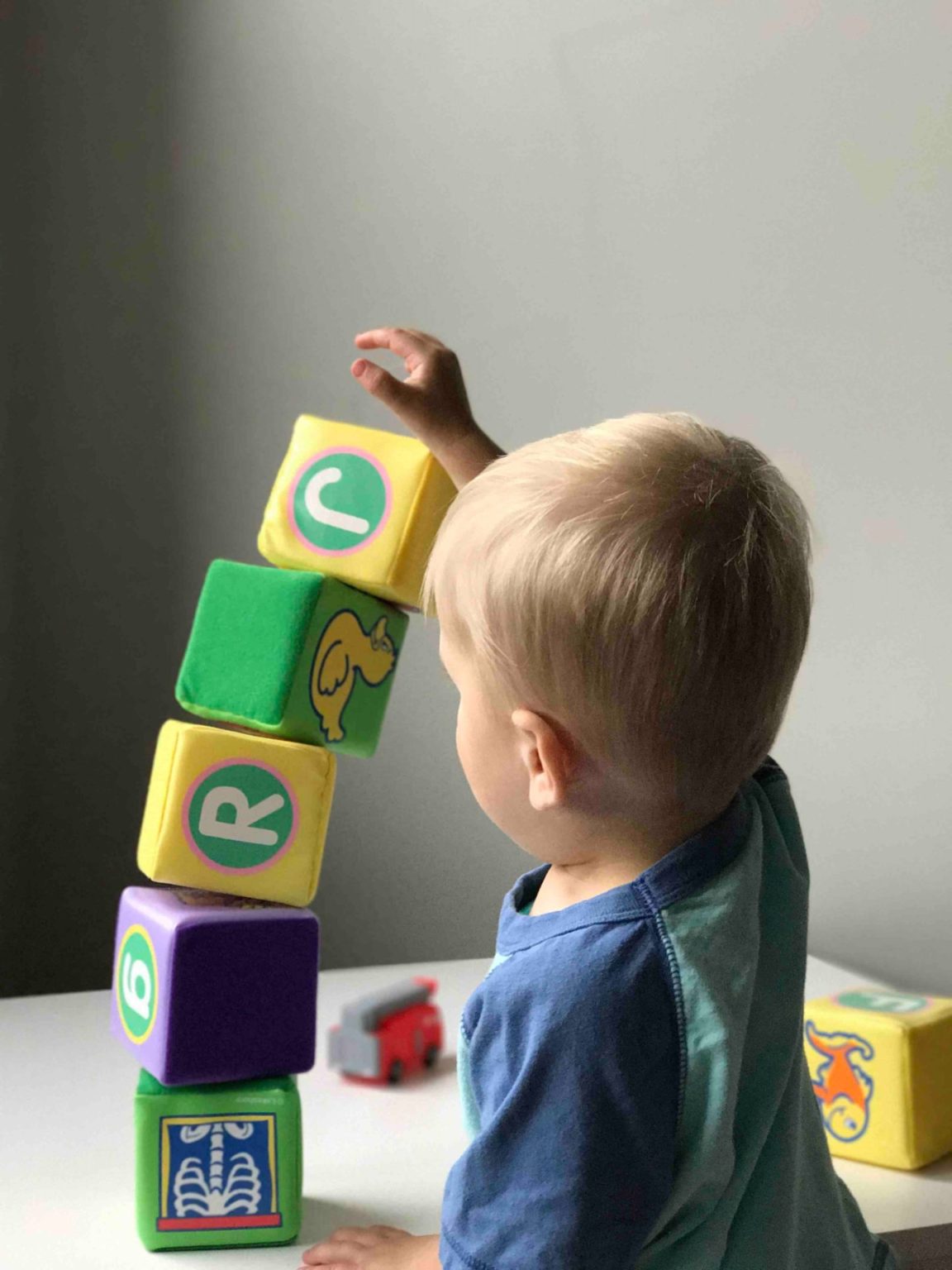Re W Assessments
The Re W Assessment is prepared in cases where allegations of harm have been made by a child (including a non-subject child) against a parent, carer, other relevant family member or prospective carer which are material to the issues in the case and consideration needs to be given to whether the child making the allegation should give evidence.
The Supreme Court’s decision in Re W (Children) (Family Proceedings: Evidence) [2010] UKSC 12 both removed the presumption that children should only give evidence in exceptional circumstances and provided guidance as to how to weigh up the advantages that it will bring to the determination of the truth and the damage it may do to the welfare of the relevant child.
The Supreme Court’s guidance in Re W was followed by that issued by the Working Party of the Family Justice Council in December 2011. This identified 22 matters to which regard should be had when conducting the required balancing exercise. These can be summarised as including:-
- the issues that have to be decided properly to determine the case,
- the quality of the current evidence,
- the quality of any ABE interview,
- the nature of any challenge to that interview,
- the age and maturity of the child,
- the length of time since the events in question,
- the support (or lack of) from family or other sources,
- the child’s own wishes and feelings,
- the view of the children’s guardian, and
- the existence of parallel criminal proceedings.
The Re W exercise gathers evidence about the merits and risks of a young person giving testimony and the impact that this may have for them. This can be required within Private Law Proceedings or Care Proceedings and the Court will consider the report and hear arguments before deciding whether the child should give evidence and if so, whether any special arrangements need to be put in place to either safeguard the child or to minimise the emotional harm.
A number of our Independent Social Workers are able to undertake these assessments within timescales from 4 weeks.



